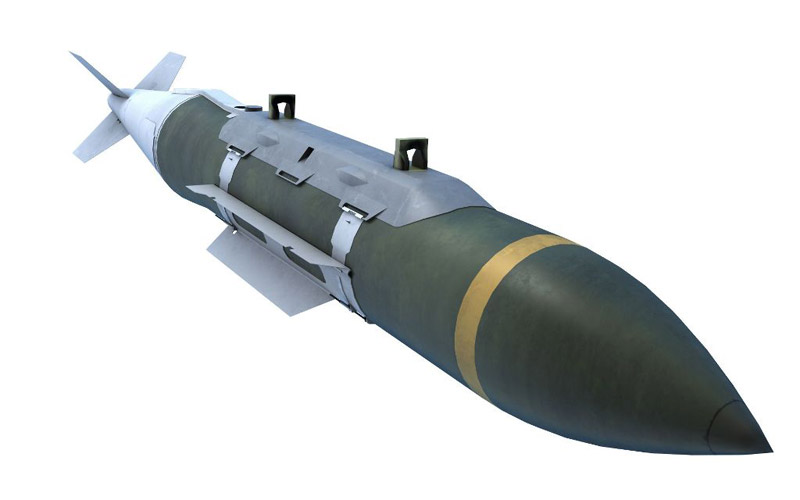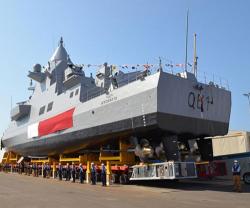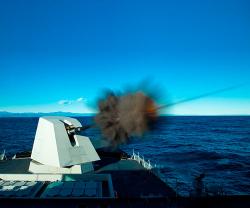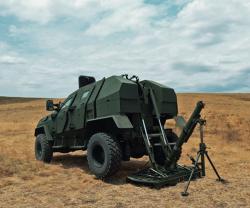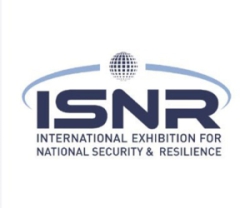The Pentagon has signed a deal to sell nearly $700 million worth of smart bombs to Turkey as tensions are escalating between Ankara and the Kurdistan Workers’ Party (PKK) militants in northern Iraq.
The sale, announced on Tuesday, comes at a crucial time for Turkey’s military, which continues to be heavily embroiled in attacking the Kurdsin the volatile northern part of Iraq.
Turkey intensified its efforts against the Kurdish militants after they canceled a two-year-long ceasefire in July. Turkey will also be keen to ensure it is adequately armed,given its continued stand off with Russia over military action in Syria.
Turkey in Novembershot downa Russian jetthat allegedly strayed across the border into its territory from Syria.
“The deal came timely, as we are deeply engaged in asymmetrical warfare and need smart bombs,” a Turkish military official said.
The Pentagon granted the contract to Ellwood National Forge and General Dynamics Ordnance and Tactical Systems for the sale of BLU-109 bunker busting bomb bodies and components, the first reported sale of such bombs to Turkey.
Ankara expects the transaction to be completed by 2020.
The highly explosive bombs, which carry550 pounds of tritonal (a mix of TNT and aluminum powder), have been in the U.S. inventory since 1985 and were used in raids against enemy combatants in both Iraq and Afghanistan wars. The bomb can delay its explosion until itpasses through the ground, allowing it to fully destroy the cave or bunker it is aimed at.
Based on reports, BLU-109 bombs have been in the Pentagon’s inventory since 1985 and are said to have been used on militants in Iraq and Afghanistan.
Meanwhile, the US Foreign Military Sales system was criticized Tuesday by a prominent Air Force General and last week by Senator John McCain, R-Arizona, who both said the slow process to buy weapons was pushing potential overseas customers to buy from Russia instead. Not only does that mean less revenue for U.S. defense companies, it can mean that U.S. forces have to work with their allies using different weapons and communications systems on the battlefield.

